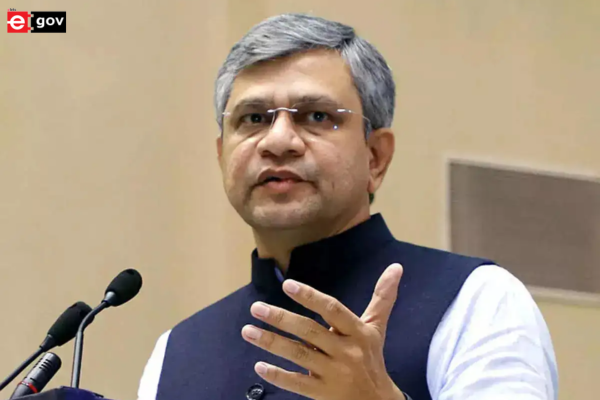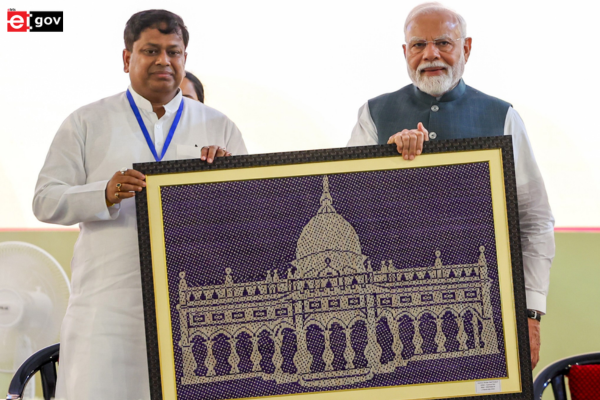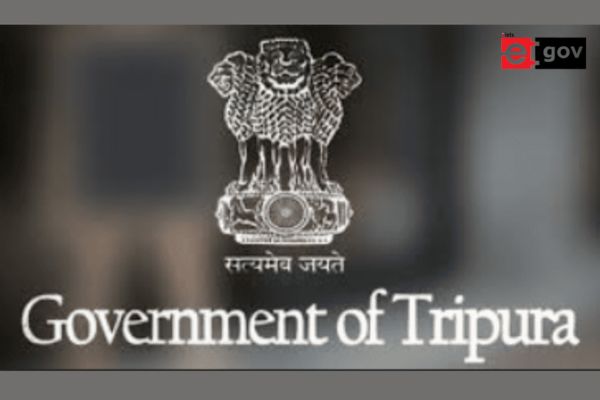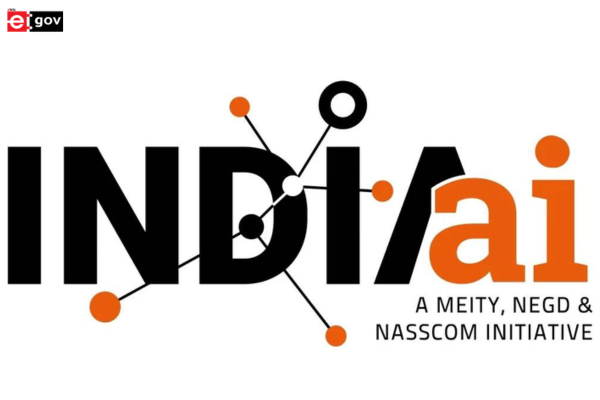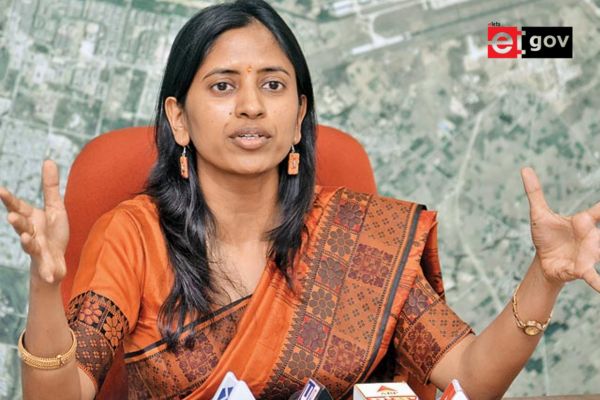
In a significant development, the Lok Sabha has approved the Digital Personal Data Protection Bill, 2023, marking a crucial step towards safeguarding citizens’ digital rights and enhancing the security of their personal information. Union Information & Technology Minister Ashwini Vaishnaw, addressing the assembly, highlighted the global recognition of India’s Digital India initiative, asserting that several nations are eager to emulate aspects such as UPI and Aadhaar in their own contexts.
He emphasised the transformative impact of digital connectivity in rural areas and villages, citing the need to ensure privacy and security in this digital journey. He noted that the bill’s formulation followed extensive deliberations in a series of parliamentary committee meetings.

The Digital Personal Data Protection Bill sets forth a comprehensive framework encompassing the rights and responsibilities of digital citizens (“Digital Nagriks”) as well as the ethical use of collected data by Data Fiduciaries.

This legislative stride comes after the Union government’s withdrawal of the Data Protection Bill during the previous Monsoon Session, with the intent of introducing a more all-encompassing statute. Minister Vaishnaw disclosed that the joint parliamentary committee’s review of the original draft led to 88 proposed amendments out of 91 sections, necessitating the complete withdrawal of the initial Bill.

In a subsequent move, the government unveiled a revised draft of the Digital Data Protection Bill in November, soliciting public input to ensure a balanced and inclusive approach.

The bill’s primary thrust lies in shielding internet users from online threats and nurturing a secure and reliable digital environment, a crucial requirement in India’s status as a digital economy powerhouse. The resubmitted draft introduces a system of six distinct penalties aimed at enforcing compliance.
Addressing the matter of transferring personal data beyond India’s borders, the bill empowers the Central Government to determine suitable countries or territories based on an assessment of pertinent factors. These transfers will be subject to stipulated terms and conditions.
An interesting exemption within the bill empowers the Central Government to exempt the processing of personal data by state entities if it serves the interests of national sovereignty, state security, diplomatic relations, public order, or the prevention of provocation to recognizable offenses.
During the formulation of the Personal Data Protection Bill, 2019, the government engaged in thorough discussions regarding fundamental principles, spanning individual rights, data processing obligations, and regulatory parameters.
The passage of the Digital Personal Data Protection Bill, 2023, underscores India’s resolute commitment to fostering a secure and privacy-oriented digital landscape, reinforcing its role as a trailblazer in the global digital arena.
Be a part of Elets Collaborative Initiatives. Join Us for Upcoming Events and explore business opportunities. Like us on Facebook , connect with us on LinkedIn and follow us on Twitter, Instagram.
"Exciting news! Elets technomedia is now on WhatsApp Channels Subscribe today by clicking the link and stay updated with the latest insights!" Click here!




